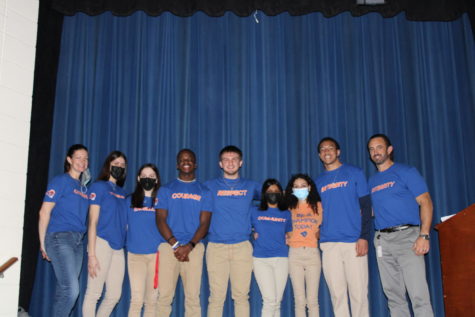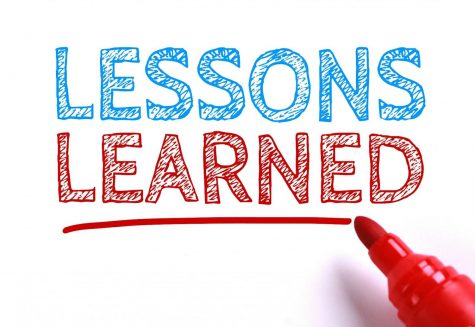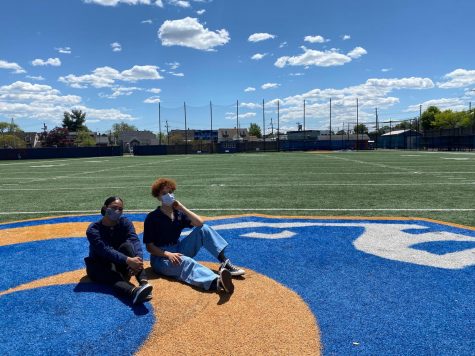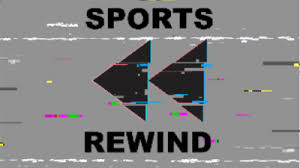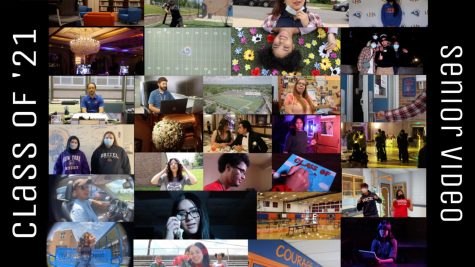The Amazing World of the Science Department

Even with remote instruction, the Science Department at LHS has stayed active and involved! From live exhibits to live animals, Mrs. Hansen and her department have not let a pandemic stop them from making education fun and exciting! We interviewed Mrs. Hansen to get some more insight into the amazing world of science.
Q: What are some new things that you introduced this year?
A: We installed 3 aquaponic gardens, one in 223, 222, and 220. This is a live exhibit for biology/environmental science students on symbiotic combination in which plants are fed the waste from the fish. The fish live, eat, and produce waste in the water. A pump cycles that water to the plants above and the waste is extracted by the roots from the plants. Cleaned water is returned to the fish, while the plants are fertilized. Nitrogen cycle at work. It demonstrates management of a full ecosystem; if we feed the fish antibiotics or growth hormones, the plants will suffer and if we apply pesticides to the plants, the fish will suffer. It’s also relaxing to see the fish and hear the water running from the tank for those who are in class. Eventually, environmental science students will take care of these tanks.
Q: What are some unique things about the science department this year?
A. We now have trout in the classroom. Ecology club maintains this tank. We receive the trouts as eggs. Once they hatch, we raise them and, ultimately, release them in rivers as part of NJ’s efforts to restock rivers and streams with trout. The lessons associated with this project are all based on conservation and the need for cool clean water for certain types of fish to survive.
We also have chicks in the classroom. We got fertilized eggs. Ms. Fasulo used an incubator to hatch them; this means turning them every few hours to help keep them alive. Once they hatched, she took care of the babies until they were two months old. They were supposed to go out to the science courtyard in a chicken coop right next to the greenhouse. With everyone on full remote, I am chicken sitting. They are now at my house in my garage at night, and backyard during the day.
Students in biology classes (particularly Ms. Fasulo’s classes) got to watch the process from start to now. Their home will be in a chicken coop in the courtyard for all to enjoy.
Q: How did you come up with the additions to the Science Department?
A: It’s our goal to bring science to life for students, bring natural phenomena into the classroom, and make it fun but educational. The science department is always researching new ways to make students’ science experience at LHS a memorable one. Students will not just benefit from having good teachers, but they also benefit from all the hands-on experience we give them; taking care of fish and plants in an aquaponic set up, taking care of chicks and learning about different breeds, food, how to keep them warm, how to keep them socially adjusted to each other so they don’t peck/fight each other and how poultry farming works, raising trout and building an appreciation and understanding of the need for clean waterways and a healthy ecosystem, and seeing how easy it is to grow some vegetables for sustainable living.
The Science Department is constantly evolving with many new additions each year. Thank you to the all of the teachers involved for making Science hands-on and fun!


